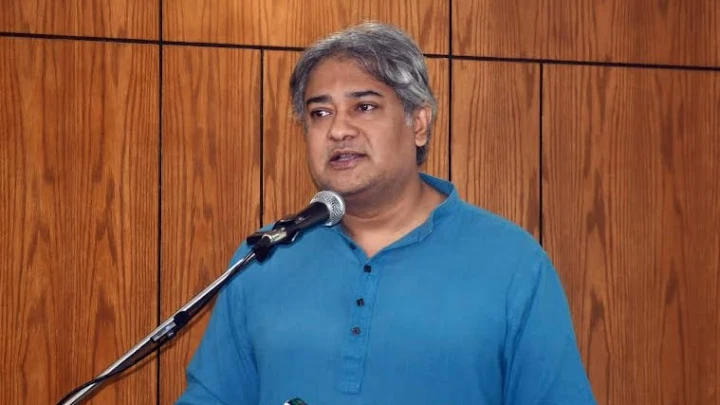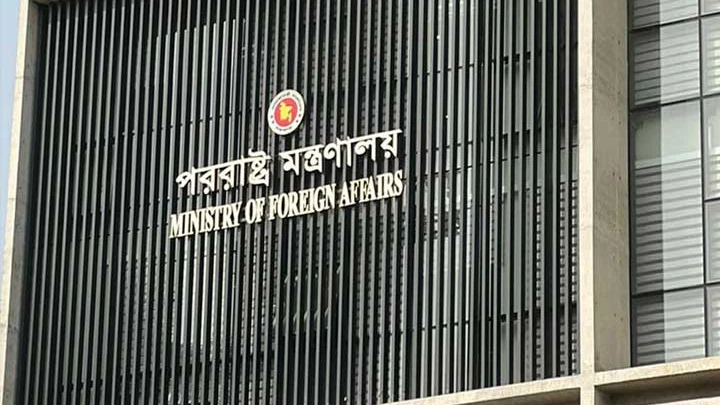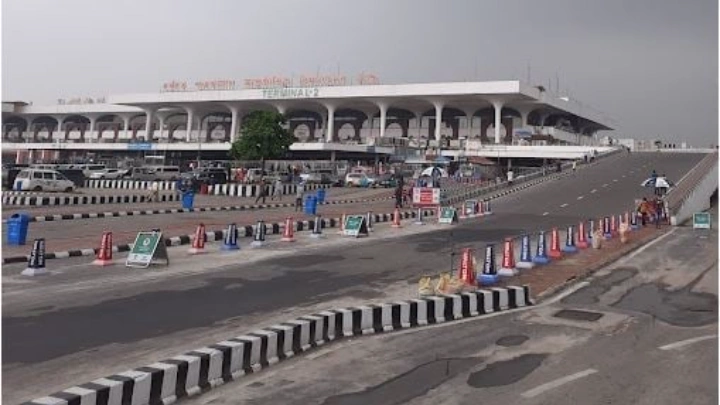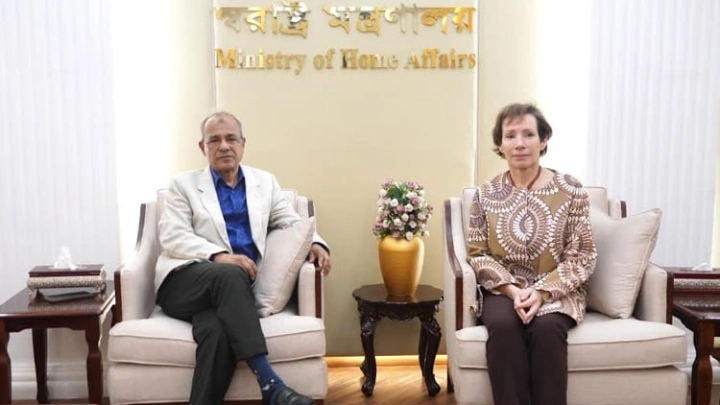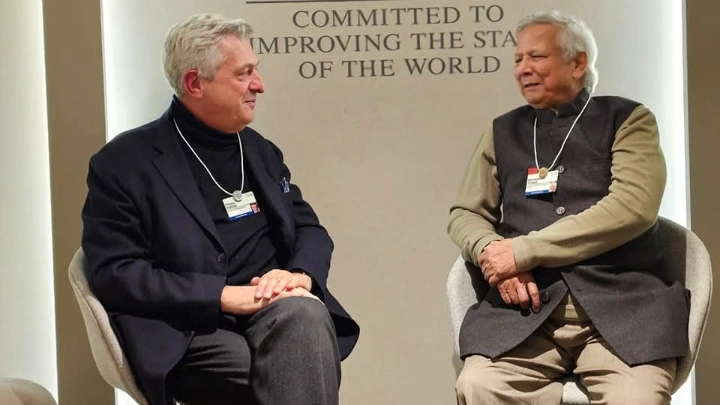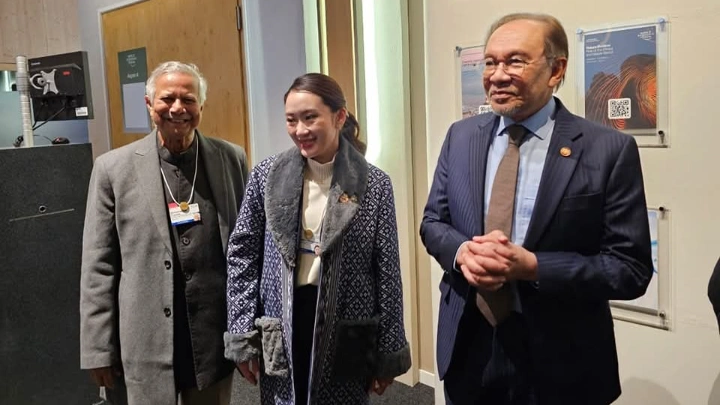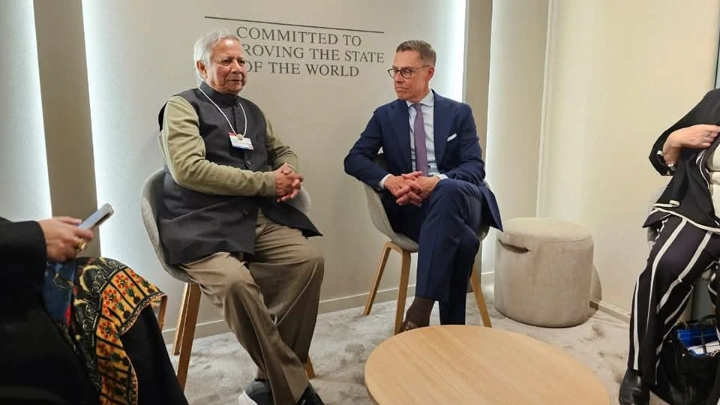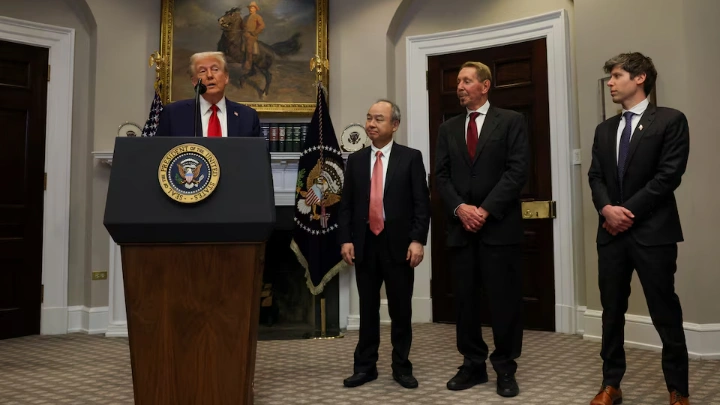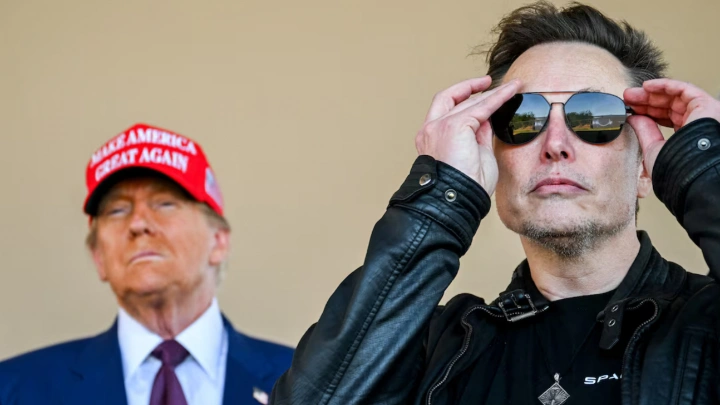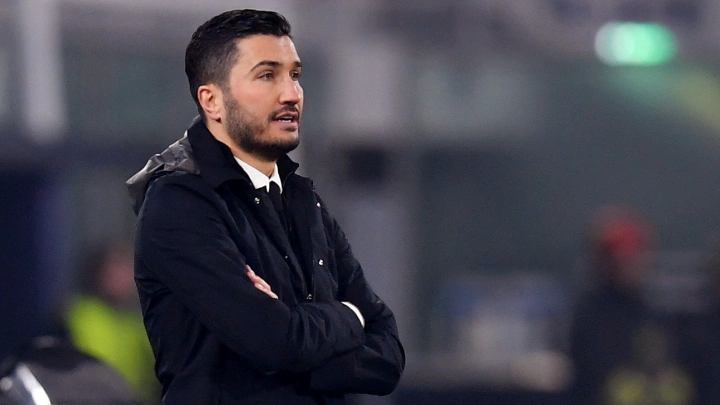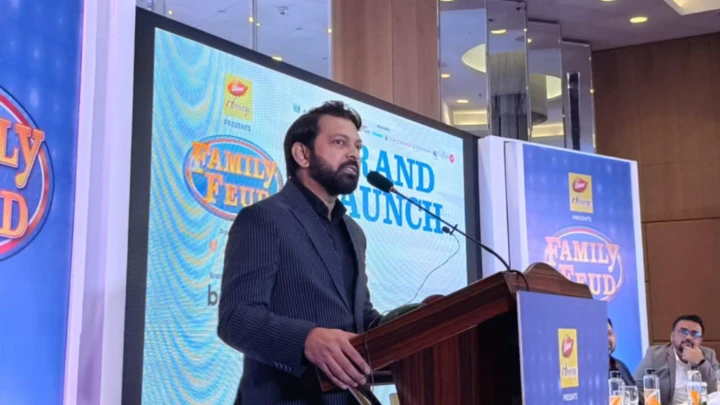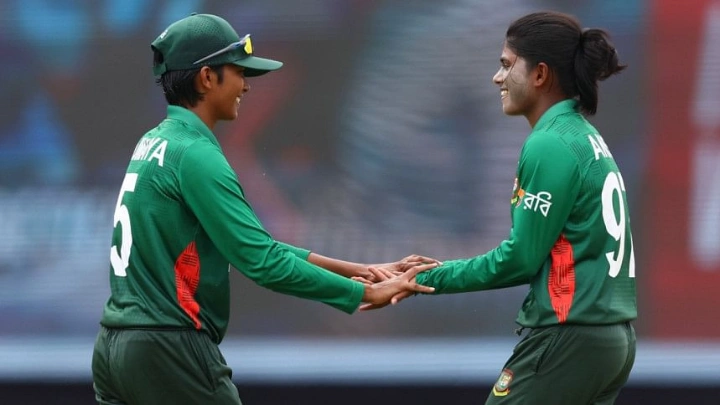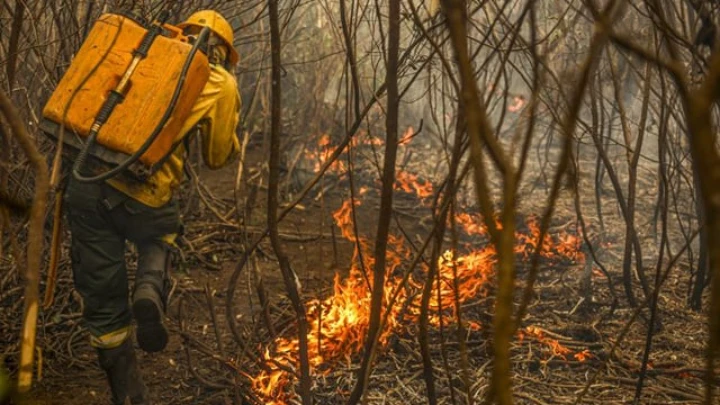Prove human rights commitment airing Gaza documentary, Arafat urges DW
BSS || Shining BD
State Minister for Information and Broadcasting Mohammad Ali Arafat urged the German broadcaster Deutsche Welle (DW) to show commitment to human rights and press freedom making and broadcasting documentary on the genocide orchestrated by Israeli forces in Gaza.
He made the call while talking about the recent documentary of the DW on Bangladesh's human rights situation comparing with the context of Sri Lanka at a workshop here.
The state minister inaugurated the workshop titled 'Right to Information for the Marginalized and disadvantaged Citizen' at the Information Commission (IC) conference room in the city's Agargaon area this morning.
"Very recently, the DW released a report on human rights tagging Bangladesh with Sri Lanka that witnessed a civil war in recent past. I don't want to criticize it rather I appreciate commitment of any organization towards human rights," he said.
"But I would like to ask the DW to prove its commitment to human rights and press freedom by making documentary on the human rights violation and genocide in Gaza," Arafat added.
If the DW could not do it, he said, the documentary will be treated as motivated and a part of anti-Bangladesh conspiracy being carried out by a vested quarter, which does not talk about the problems and development of the marginalized people in real sense and try to tarnish the country's image at the global stage.
Information Commission and Advancing Women's Right of Access to Information Project of The Carter Centre jointly organized the workshop with Chief Information Commissioner (CIC) Dr Abdul Malek in the chair.
Aroma Dutta, MP, Information Commissioners Shahidul Alam Jhinuk and Masuda Bhatti and USAID Office Director Alena Tansey spoke at the function as special guests.
Earler, on May 25, the Inter Services Public Relations Directorate (ISPR) issued a rejoinder protesting the DW documentary titled "Torturers deployed as UN peacekeepers" and terming it "false and fallacious one".
"This documentary presents a misleading portrayal of Bangladesh Army personnel in UN Peacekeeping Missions," said the ISPR rejoinder.
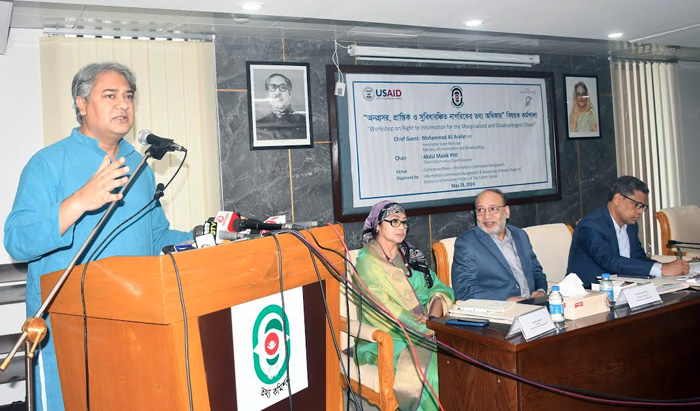
Speaking about the Right to Information (RTI) Act, Arafat said the law was passed in parliament in 2009 with Prime Minister Sheikh Hasina as the Leader of the House that reflected her commitment to transparency and accountability of the government, the governance and democracy at large.
However, the law involves two sides - information providers and information seekers, he said, adding, "But we noticed a bit of lack of understanding between the two sides over the proper use of the law. I would like to thank the CIC and his entire team for working relentlessly to make the both sides understand about the law by giving trainings".
The government officials should realize that they are not the owners of information but custodians, so they are bound to give the information when it is sought by the people or media on behalf of the people, the state minister said.
Noting that this law has been enacted to ensure the access to information, he said there is no alternative to providing training to the both sides - information seekers and providers - to yield the maximum result of the law.
Referring to Prime Minister Sheikh Hasina's one of the ten special initiatives 'Ashrayan Prakalpa', Arafat said Bangabandhu's daughter has rehabilitated the landless poor people, including the bede community like Manta, under her housing project, which is a matter of human rights.
She ensured the citizenship and voting rights of the Hijra (third gender) and bede people, he said, adding, the government is working giving the highest priority to the protection of the human rights, voting right and freedom of expression of the marginalized, the landless and the destitute.
The protection of the human rights was always ignored in the country, no one paid attention to it, the state minister said, adding that Bangabandhu's daughter Prime Minister Sheikh Hasina at first thought about it and ensured it.
"We have to march forward by involving all people in the inclusive development. Otherwise, the development will not be sustainable," he said.
Highlighting Bangladesh's progress in attaining the Sustainable Development Goals (SDGs), Arafat said the country secured the first position among all the countries across the world six years in a row in terms of achieving the SDG targets.
Pointing that about Taka 120,000 crore is allocated in the budget for social safety net programme to help the poor and underprivileged people, he said this information should be reached to the people who are entitled to get the assistance under this programme so that they can get the benefits.
The Information Commission can work to ensure the access of the marginalized people to information regarding the government's social safety net programme, the state minister said, adding, if anyone creates obstacles in providing these information, the commission should take actions against him or her.
Later, Arafat unveiled the RTI News Letter published by the Information Commission.
Shining BD

